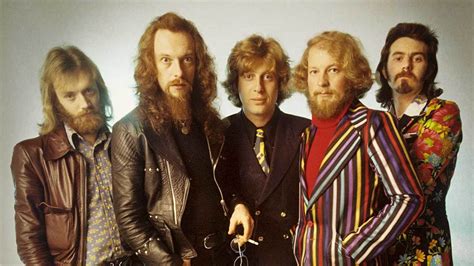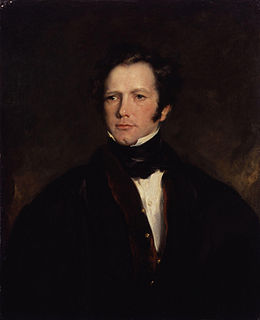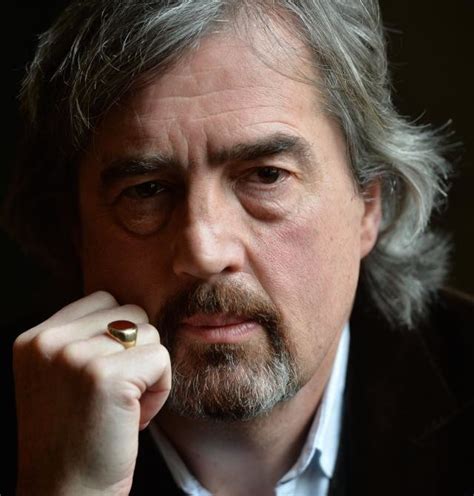A Quote by Victor Hugo
All the human and animal manure which the world wastes, if returned to the land, instead of being thrown into the sea, would suffice to nourish the world.
Related Quotes
Here, in the Land of Israel, we returned and built a nation. Here, in the Land of Israel, we established a State. The Land of the prophets, which bequeathed to the world the values of morality, law and justice, was after two thousand years, restored to its lawful owner - the members of the Jewish People, On its Land, we have built an exceptional national Home and State.
All sorts of dung and compost contain some matter which, when mixed with the soil, ferments therein; and by such ferment dissolves, crumbles, and divides the earth very much. This is the chief and almost only use of dung. ... This proves, that its (manure) use is not to nourish, but to dissolve, i.e., divide the terrestrial matter, which affords nourishment to the Mouths of vegetable roots.
His underestimate of the value of manure.
While ants exist in just the right numbers for the rest of the living world, humans have become too numerous. If we were to vanish today, the land environment would return to the fertile balance that existed before the human population explosion. Only a dozen or so species, among which are the crab louse and a mite that lives in the oil glands of our foreheads, depend on us entirely. But if ants were to disappear, tens of thousands of other plants and animal species would perish also, simplifying and weakening land ecosystems almost everywhere.
But there'll be plenty of room on Earth then because right now, what is it?-Only one-fifth of the Earth's surface is land, right? Whereas then there will be no more sea, it'll all be land, seas will be gone. The seas are the World's great septic tanks, its great cesspools, where all the waste of the World drains off into the sea.
In the vast archipelago of the east, where Borneo and Java and Sumatra lie, and the Molucca Islands, and the Philippines, the sea is often fanned only by the land and sea breezes, and is like a smooth bed, on which these islands seem to sleep in bliss,--islands in which the spice and perfume gardens of the world are embowered, and where the bird of paradise has its home, and the golden pheasant, and a hundred others of brilliant plumage, whose flight is among thickets so luxuriant, and scenery so picturesque, that European strangers find there the fairy land of their youthful dreams.
A lobster, when left high and dry among the rock, does not have the sense enough to work his way back to the sea, but waits for the sea to come to him. If it does not come, he remains where he is and dies, although the slightest effort would enable him to reach the waves, which are perhaps within a yard of him. The world is full of human lobsters; people stranded on the rocks of indecision and procrastination, who, instead of putting forth their own energies, are waiting for some grand billow of good fortune to set them afloat.
And people who believe in God think God has put human beings on earth because they think human beings are the best animal, but human beings are just an animal and they will evolve into another animal, and that animal will be cleverer and it will put human beings into a zoo, like we put chimpanzees and gorillas into a zoo. Or human beings will all catch a disease and die out or they will make too much pollution and kill themselves, and then there will only be insects in the world and they will be the best animal.
It is marvelous indeed to watch on television the rings of Saturn close; and to speculate on what we may yet find at galaxy's edge. But in the process, we have lost the human element; not to mention the high hope of those quaint days when flight would create one world. Instead of one world, we have star wars, and a future in which dumb dented human toys will drift mindlessly about the cosmos long after our small planet's dead.
Just a simple choice, right now, between fear and love. The eyes of fear want you to put bigger locks on your doors, buy guns, close yourself off. The eyes of love instead see all of us as one. Here's what we can do to change the world, right now, to a better ride. Take all that money we spend on weapons and defenses each year and instead spend it feeding and clothing and educating the poor of the world, which it would pay for many times over, not one human being excluded, and we could explore space, together, both inner and outer, forever, in peace.






































